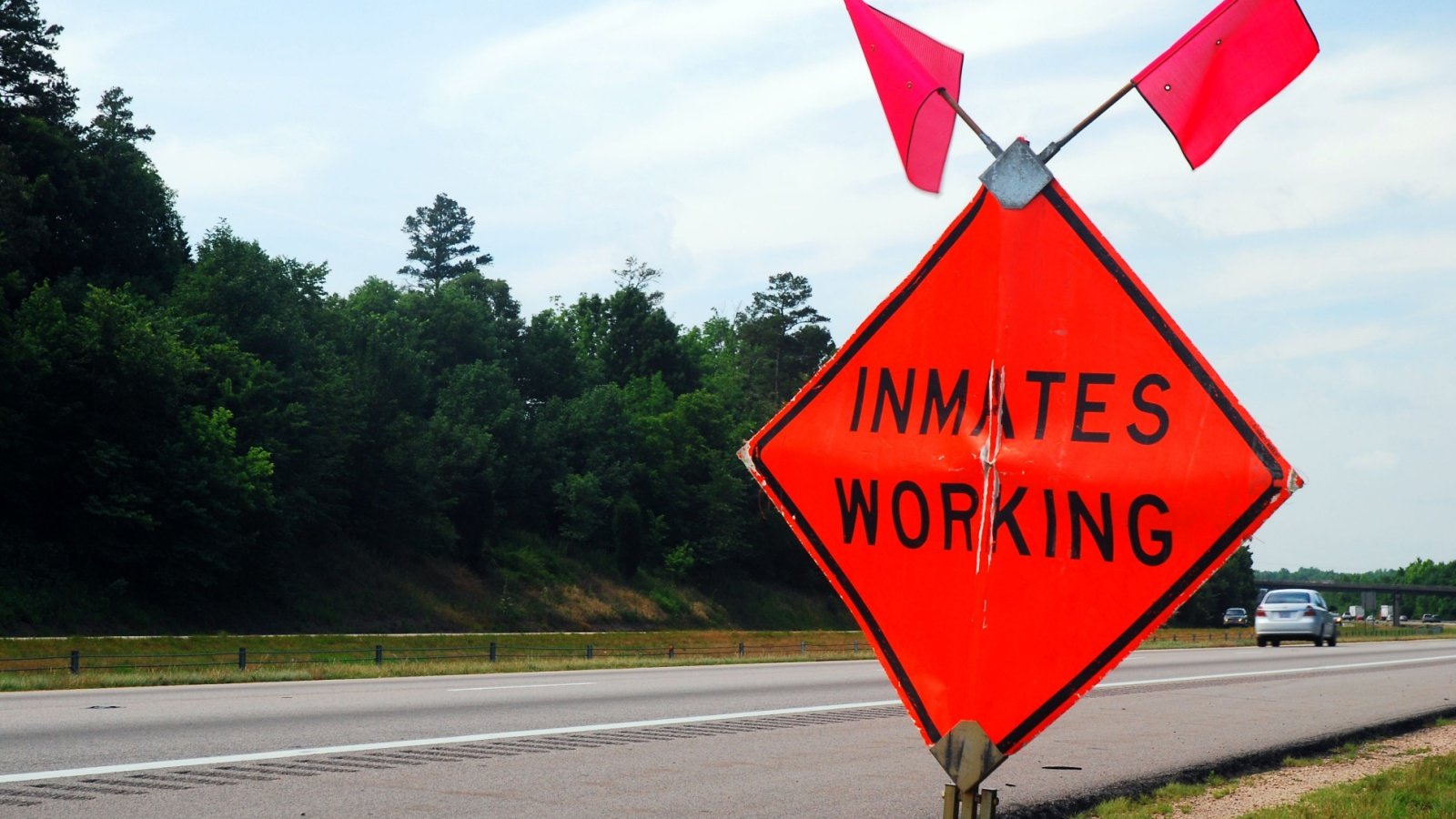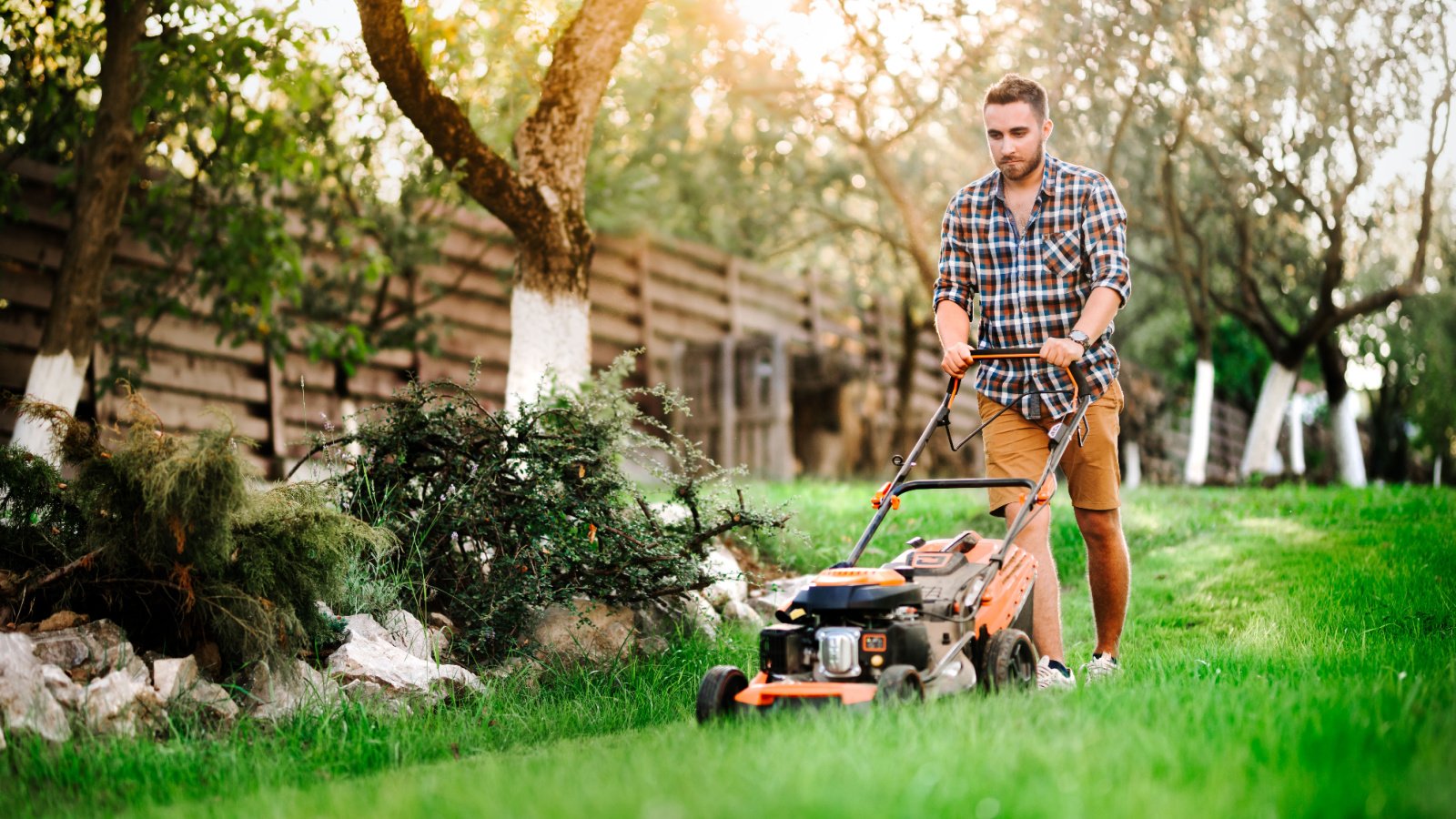On a former slave plantation under the relentless summer sun, prisoners are forced into grueling labor with minimal breaks and no heat protection. These men, mostly Black, toil under armed guards, echoing the plantation’s dark history.
As record temperatures scorch the South, a legal battle unfolds over the treatment of these inmates, raising serious questions about modern-day slavery and human rights abuses.
Harsh Labor Under the Sun
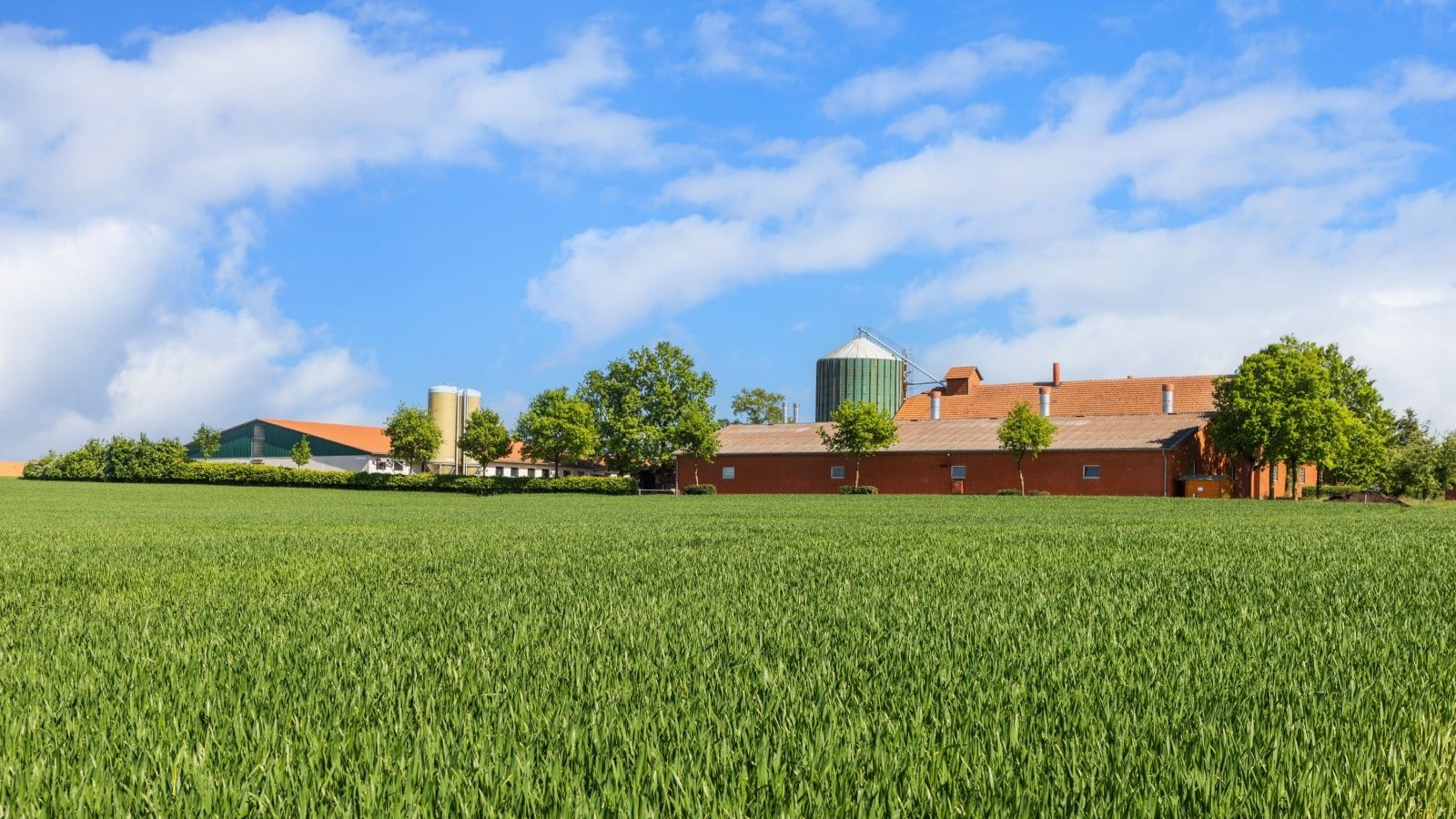
In the scorching heat of a former slave plantation, Lamont Gross and other prisoners were forced to pick vegetables under armed guard supervision. Breaks were minimal, offering no respite from the relentless sun.
Inhumane Working Conditions

Gross recounted witnessing fellow inmates collapse from heat stroke and other health issues. Even those with disabilities or underlying conditions were compelled to endure the brutal labor.
Legal Challenge to Prison Labor
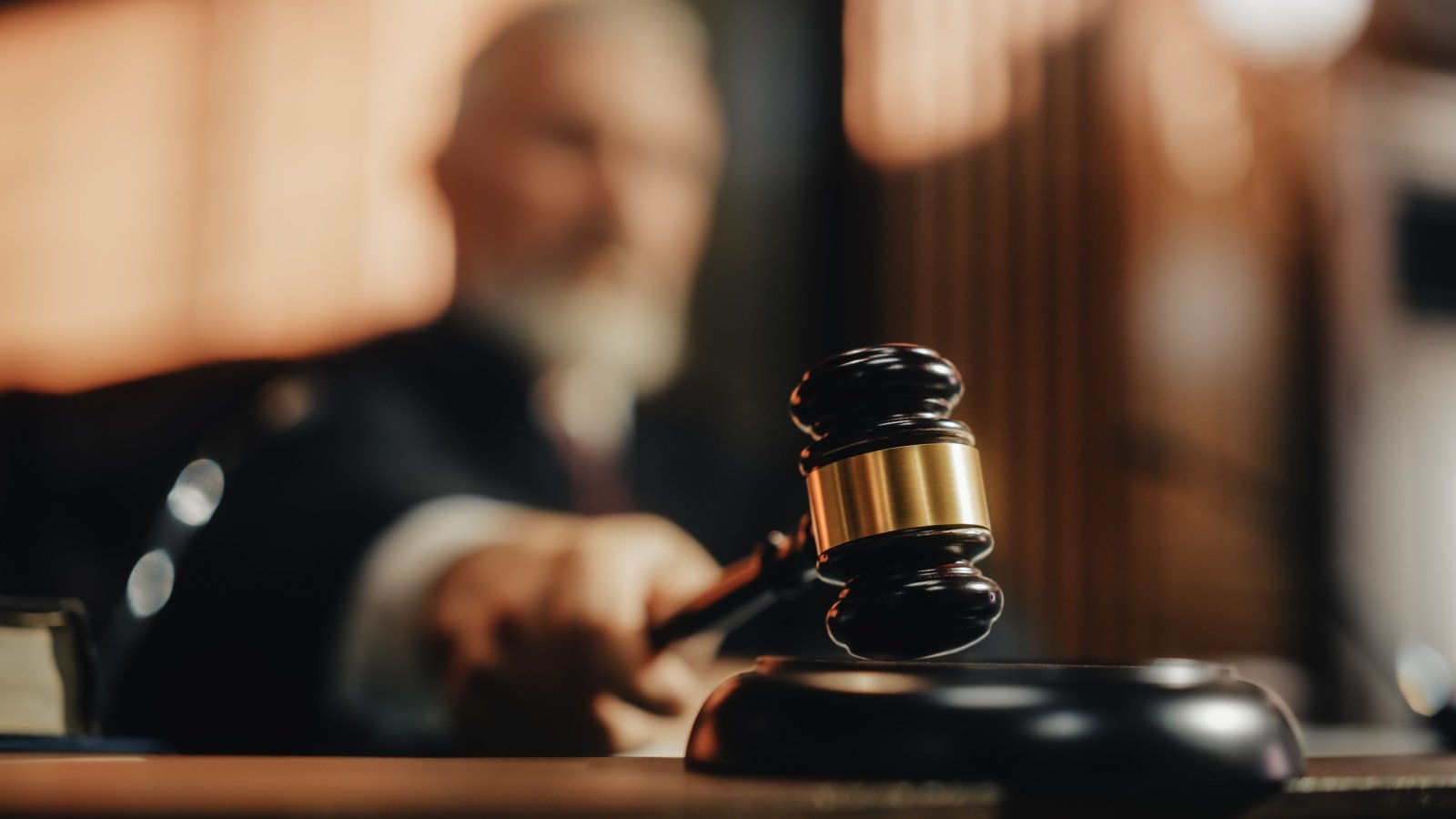
As temperatures soared, a federal judge took a bold step to address the treatment of mostly Black incarcerated workers in the fields. This action comes amidst record-high temperatures across the South.
Angola’s Dark History
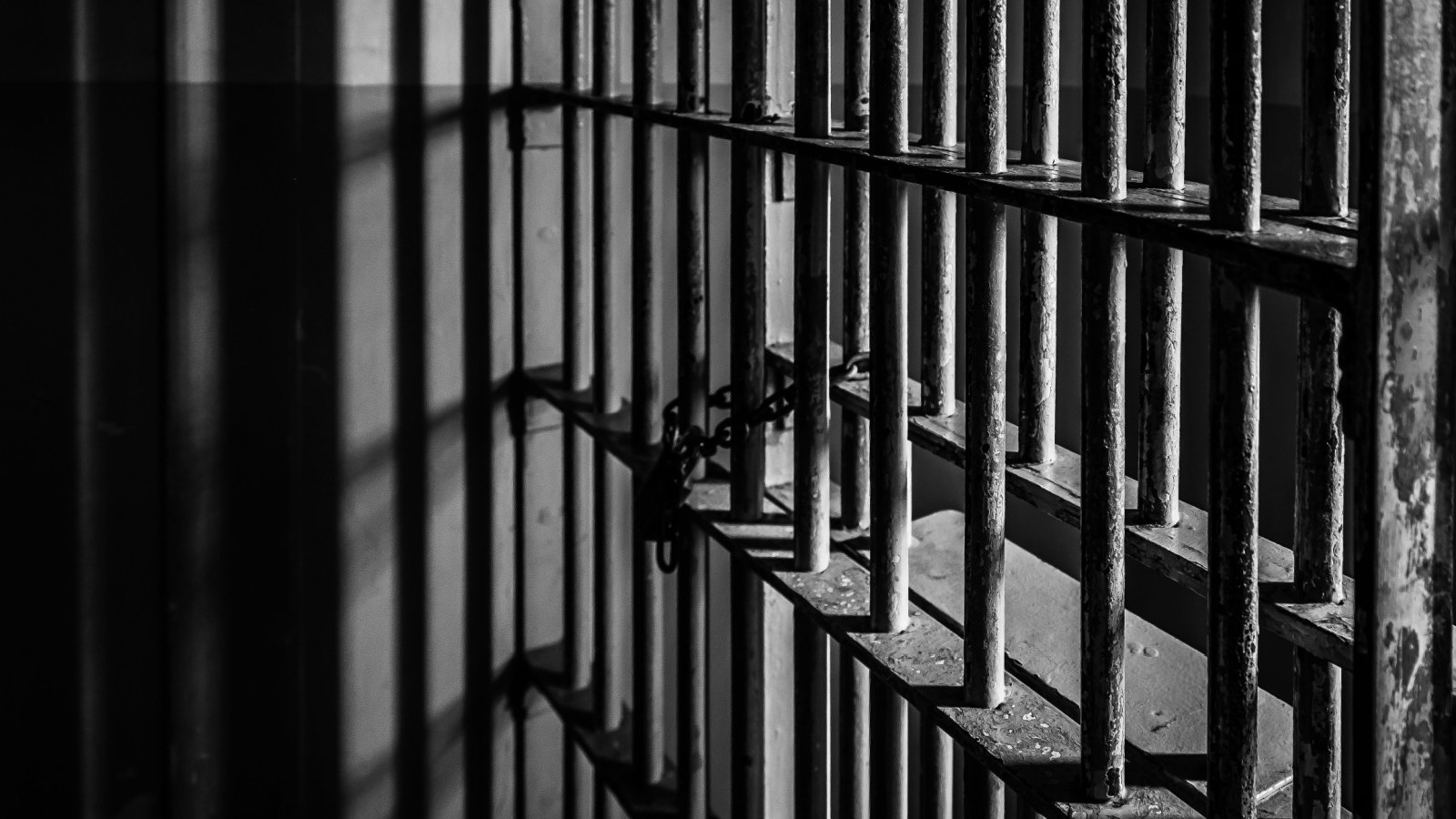
Angola, America’s largest maximum-security prison, spans 18,000 acres and was once a plantation where enslaved individuals, including children and pregnant women, labored in extreme conditions. The same grueling work continues for prisoners today, often without adequate breaks or protection.
Lawsuit for Change
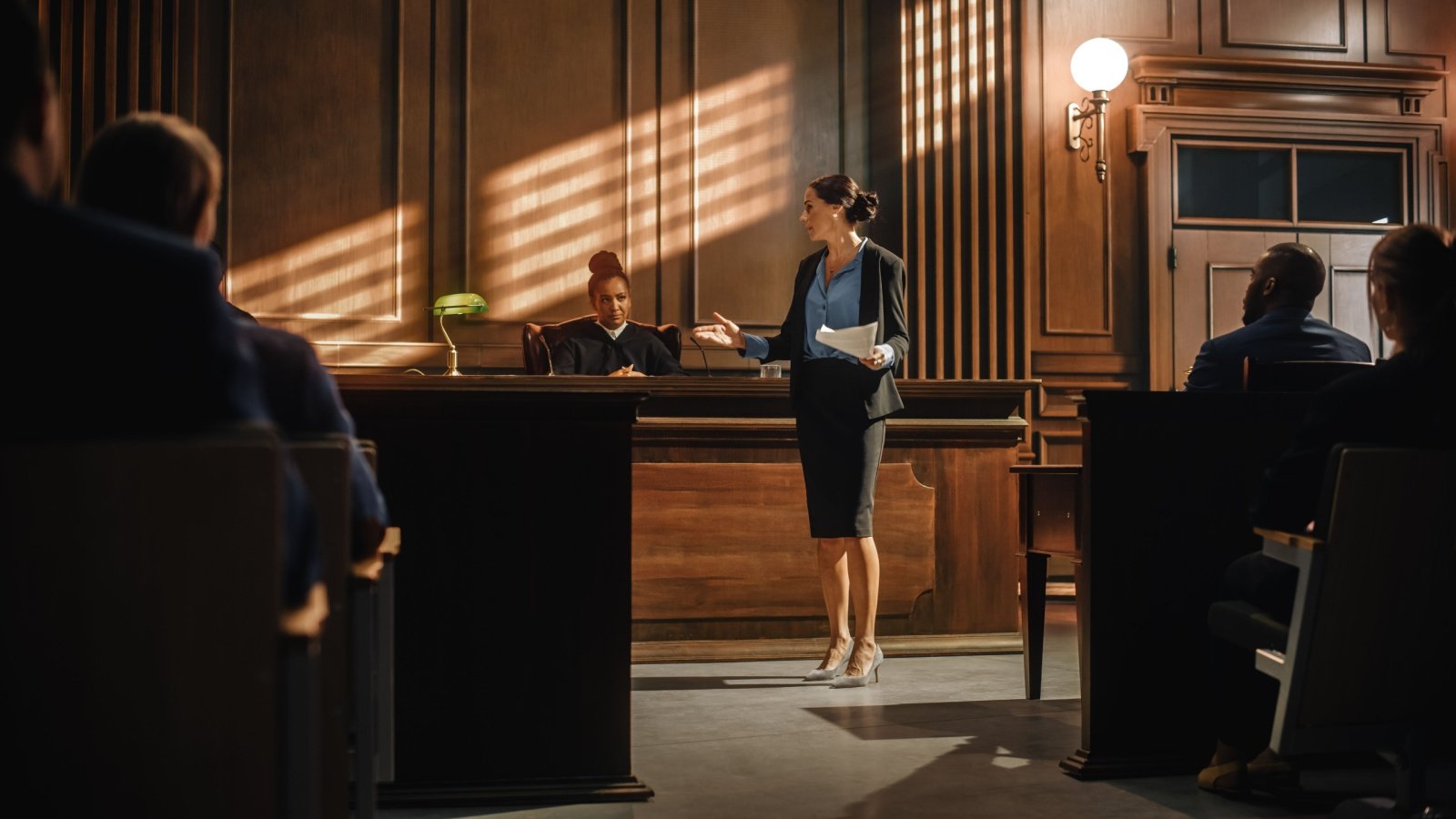
In September, incarcerated workers and the advocacy group Voice of the Experienced filed a class-action lawsuit to end the harsh farm line labor. With temperatures rising in May, they sought an emergency court order to halt work during extreme heat.
Judicial Intervention
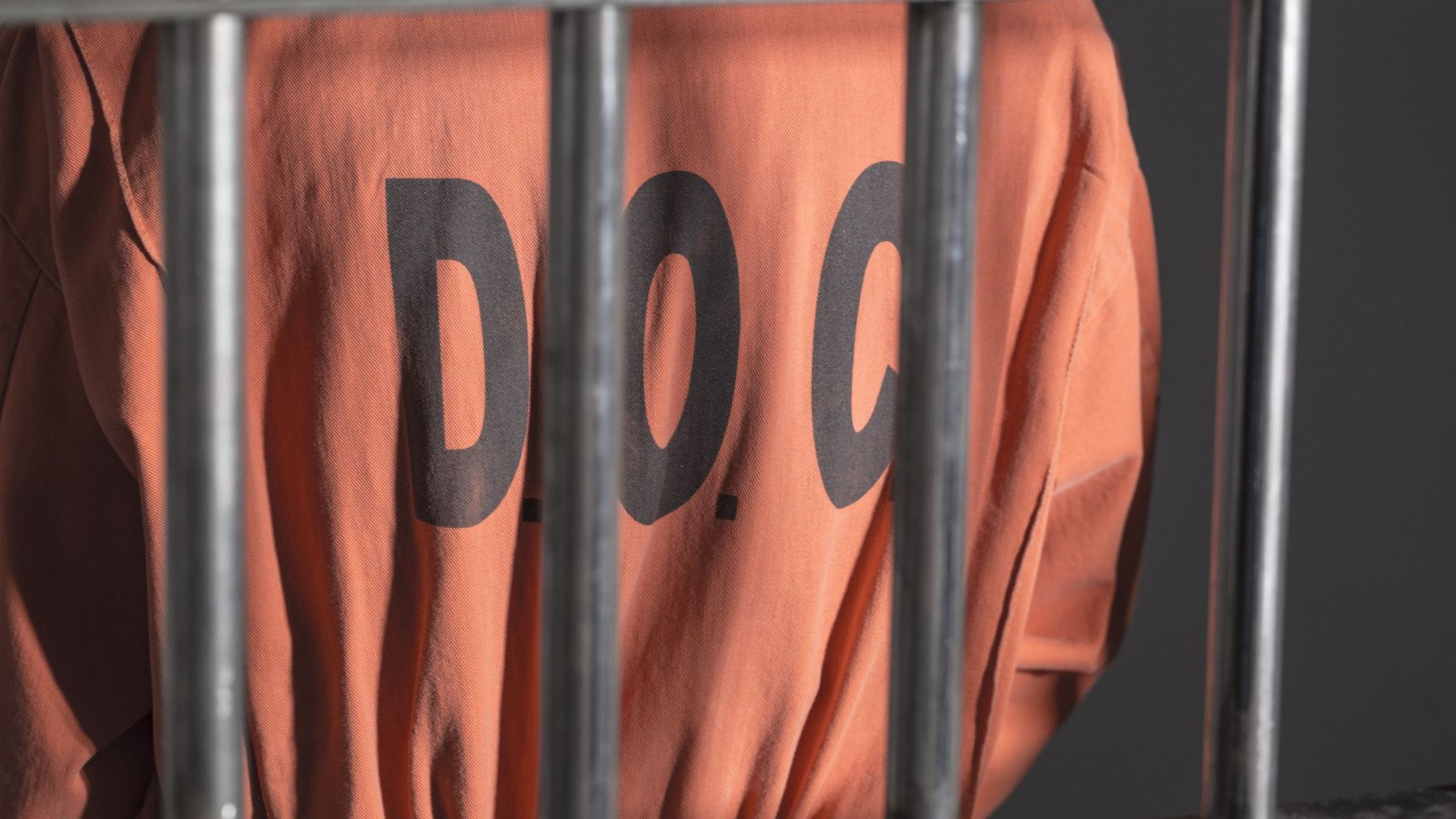
U.S. District Judge Brian Jackson issued a temporary restraining order, condemning the prison’s disregard for inmates’ health. He highlighted the severe risks faced by prisoners with serious health issues.
State’s Resistance and Court’s Ruling

Louisiana’s corrections department challenged the judge’s order, but the 5th Circuit Court of Appeals upheld it. In response, prison officials have started providing sunscreen, shade tents, and increased breaks during heat alerts.
State Warnings and Concerns
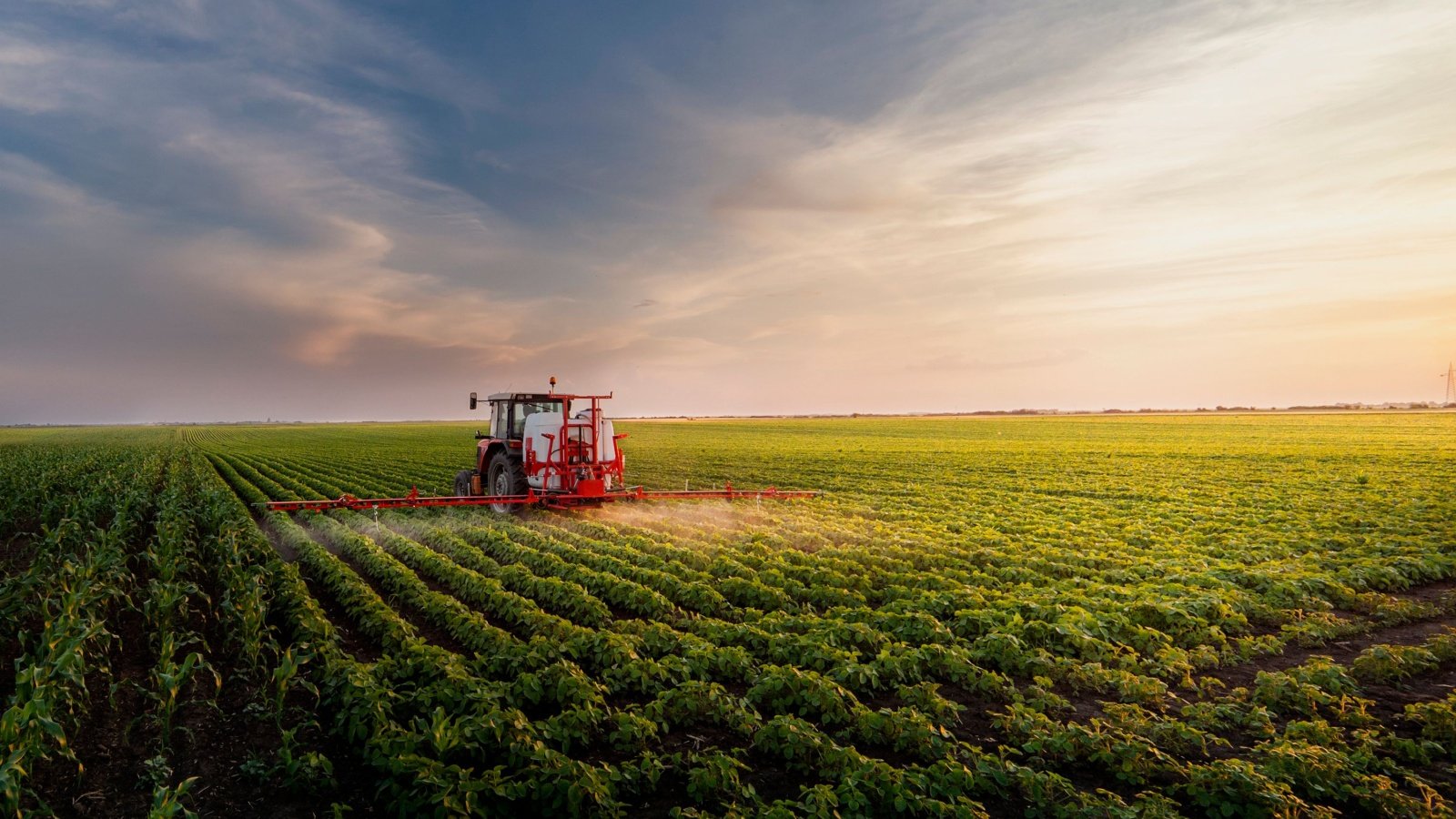
The state warned that stopping farm line work when the heat index hits 88 degrees Fahrenheit could lead to a halt in labor across Southern institutions. This decision, requested by plaintiffs, raises concerns about operational continuity.
Southern Penal Farms
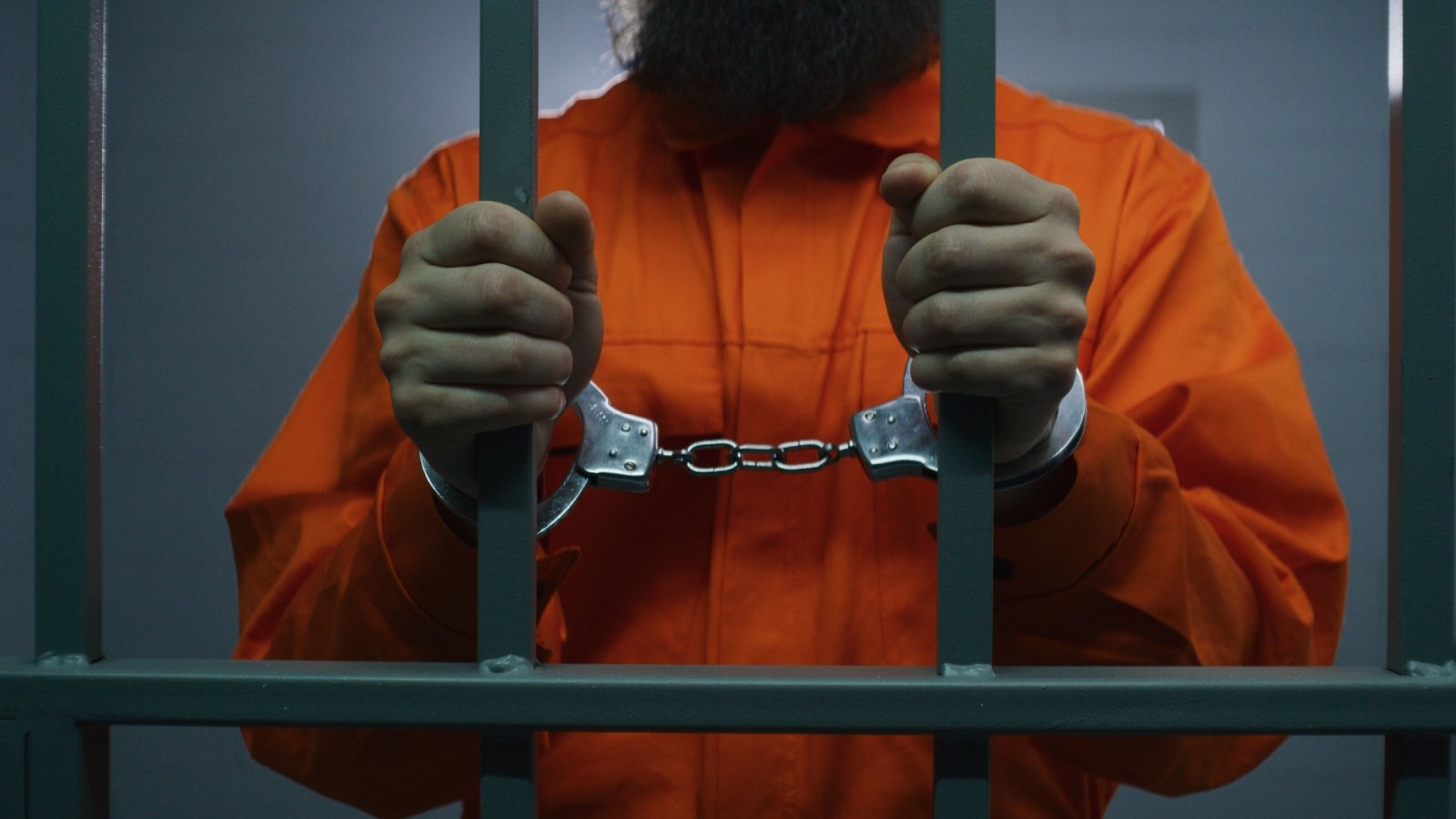
Several Southern states continue to operate penal farms on former slave plantations. Modern machinery usually handles crop harvesting, but places like Louisiana’s penitentiary still rely on prisoners’ hands and basic tools.
Grassroots Advocacy
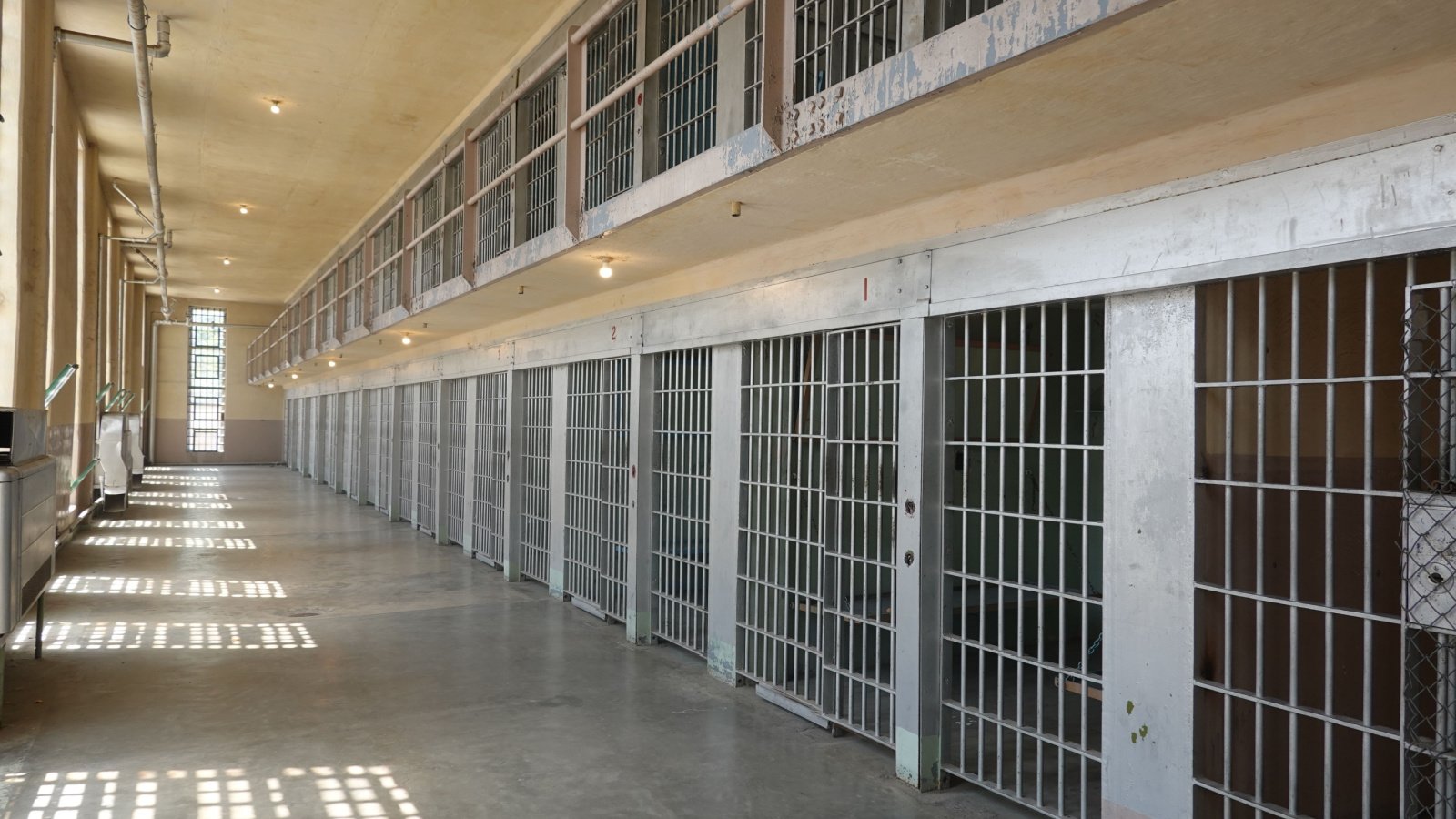
Kaleem Nazeem, from Arkansas’s decARcerate, hopes for similar rulings in his state. Having spent 28 years in prison, he recalls the harsh conditions and compares them to scenes from “Roots.”
Hidden History

Nazeem points out the public’s ignorance of the land’s history, attributing it to societal neglect. He stresses the need for awareness about the origins and conditions of these prison farms.
Profitable Prison Farms
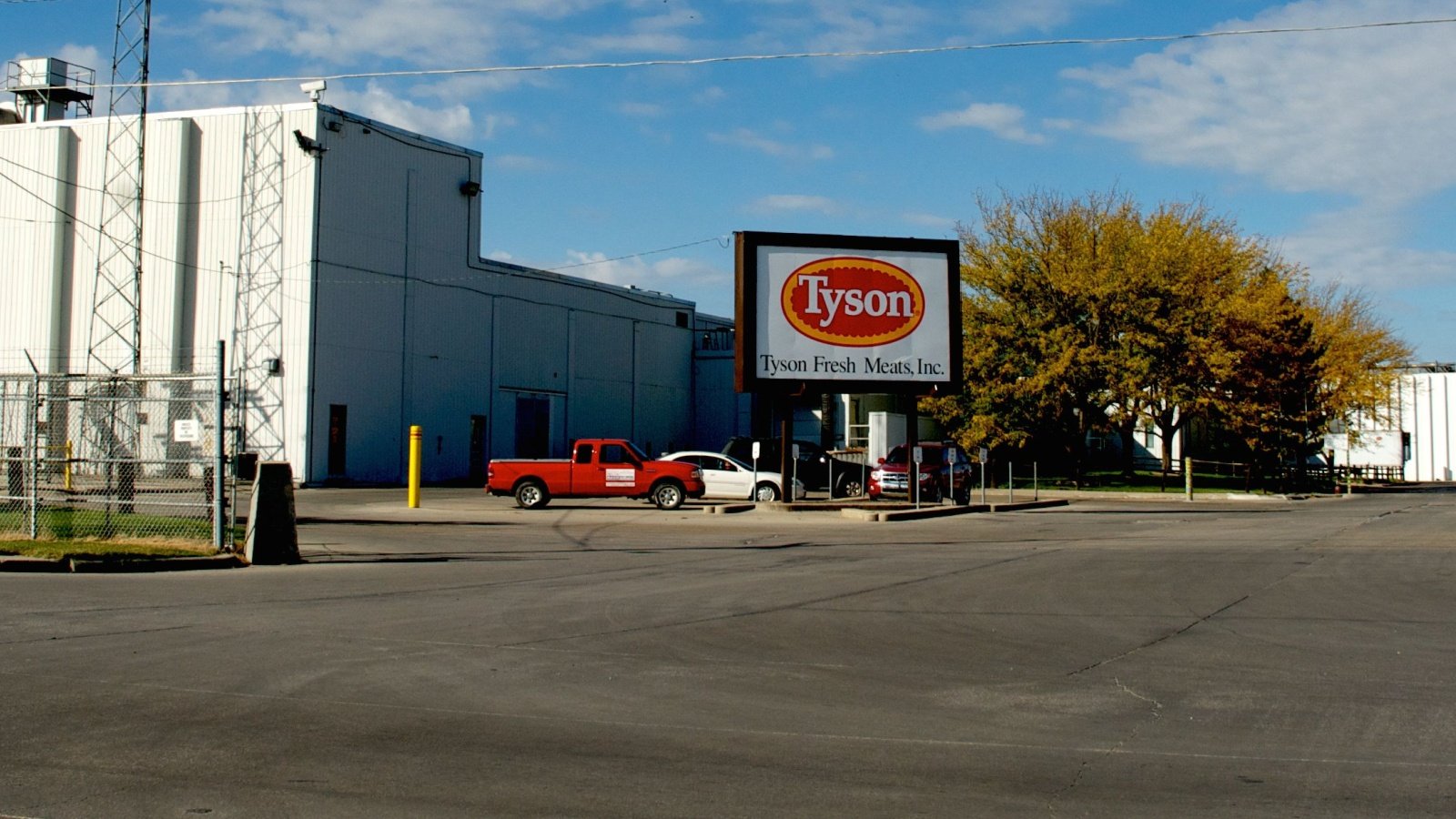
An AP investigation revealed prison farms supply millions in crops to major companies like Tyson Foods and Kellogg’s. Some companies are now reconsidering their ties to these farms after the findings.
Legal Loophole

Prison labor remains legal in the U.S. due to the 13th Amendment’s loophole, allowing slavery as punishment for crimes. Globally, this practice is increasingly seen as modern-day slavery.
Correctional Officials’ Defense
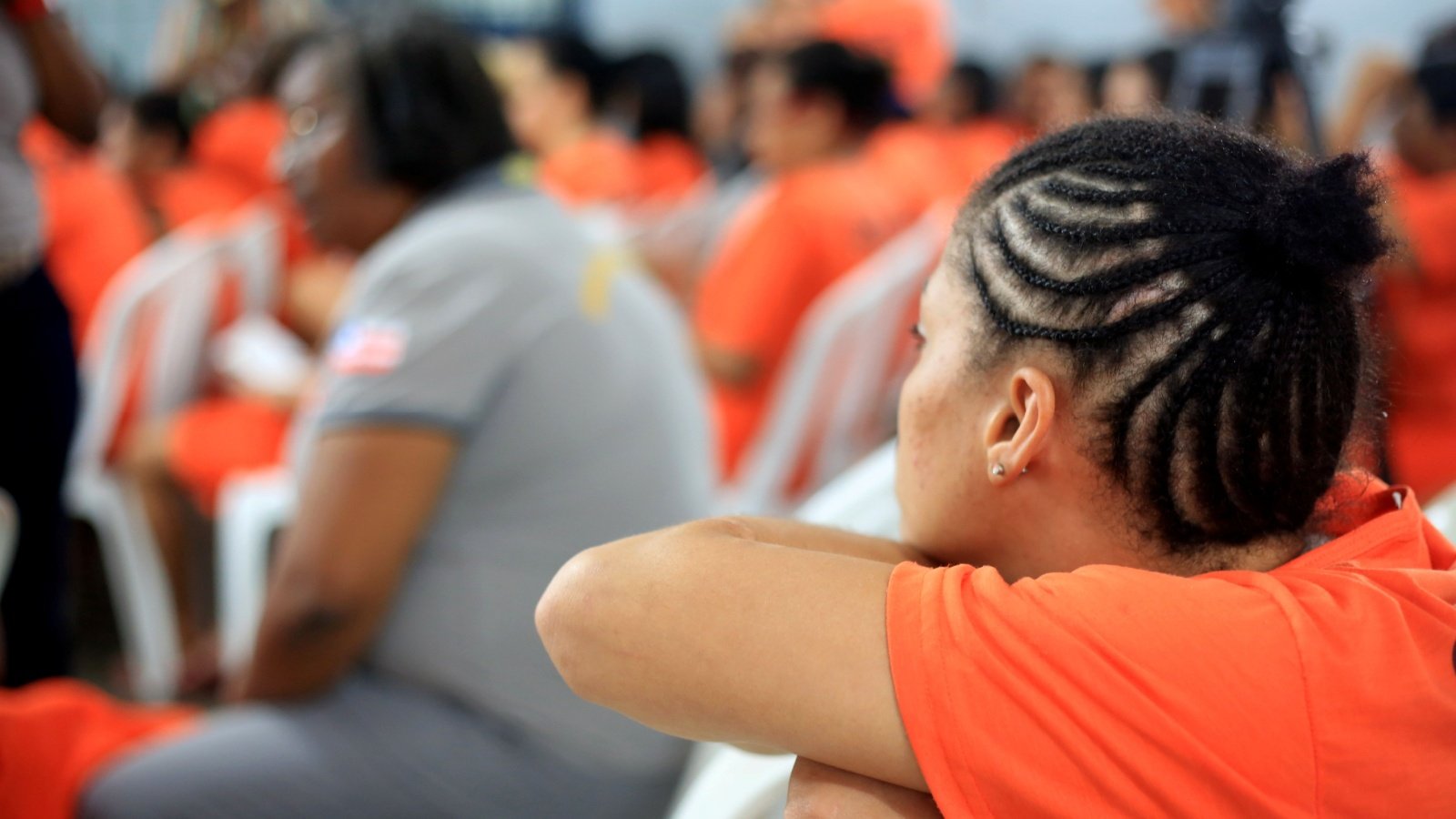
U.S. correctional officials argue that work programs benefit prisoners by reducing recidivism and teaching valuable skills. They claim these programs keep inmates occupied and productive.
Heat and Global Warming

Rising global temperatures have made extreme heat a pressing concern. The Biden administration proposes new heat index restrictions, but prisoners are typically excluded from these protections.
Punishment Through Heat

Incarcerated workers report heat being used as a punishment, both in the fields and inside facilities. Lack of air conditioning in many units forces prisoners to resort to extreme measures to stay cool.
Texas Prison Conditions

Christopher Scott, who worked in Texas fields, describes the unbearable heat in cells. He witnessed numerous inmates suffer from heat strokes and heart attacks.
Louisiana Lawsuit

The class-action suit in Louisiana is set for September. Prisoners describe the labor as “backbreaking,” with inadequate breaks and often dirty drinking water.
Corrections Department’s Defense
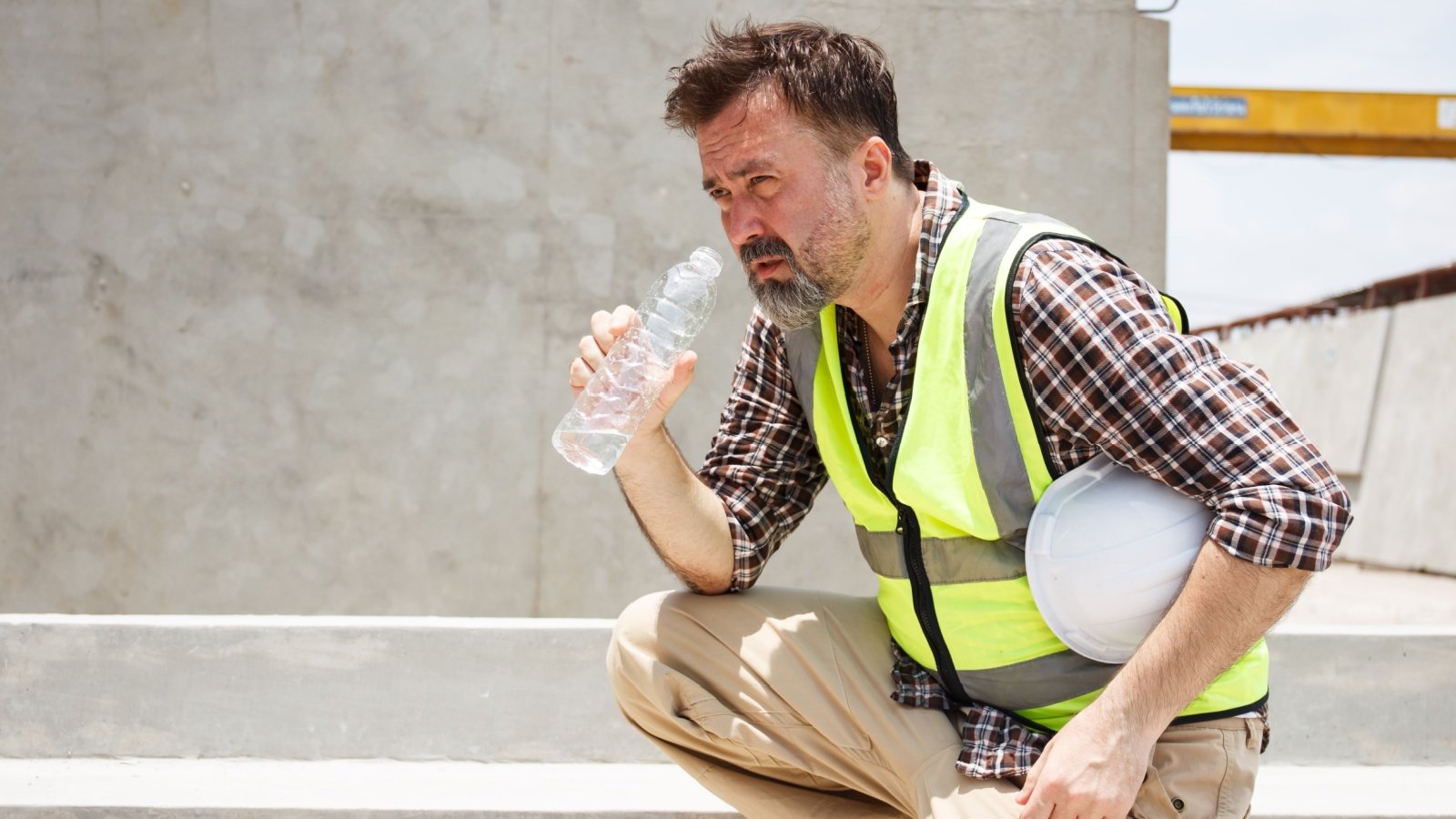
Louisiana’s corrections department insists it follows policies to protect workers from heat-related illnesses. They claim to monitor temperatures and provide necessary breaks during heat alerts.
Judicial Scrutiny
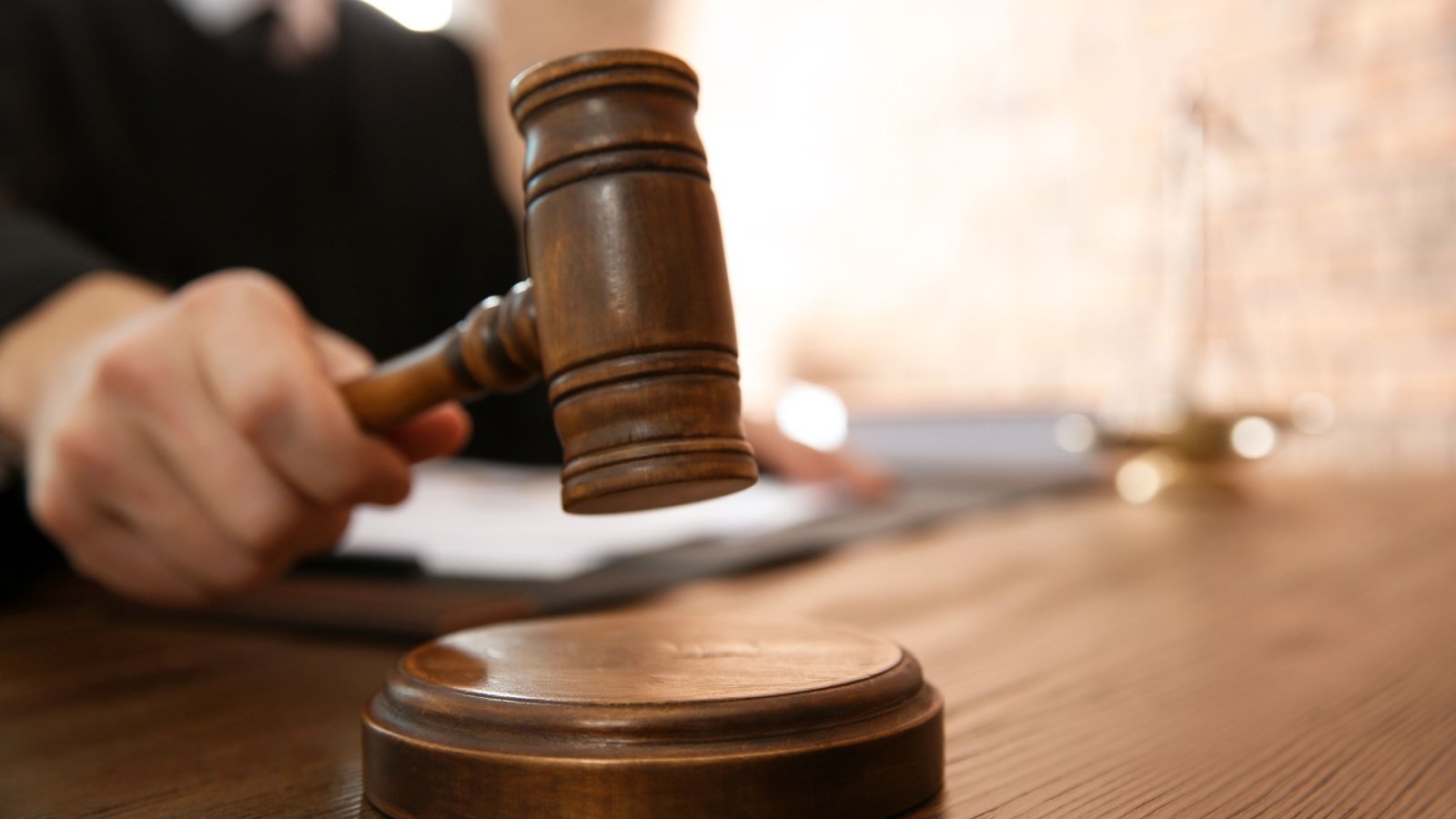
The judge acknowledged prisoners’ grievances, noting many had serious health conditions. He questioned the validity of the prison staff’s claims about work conditions and financial impacts.
Questioning Claims

The judge challenged the prison’s financial loss claims, suggesting they exaggerated the impact. He recognized the inmates’ hard work under grueling conditions.



